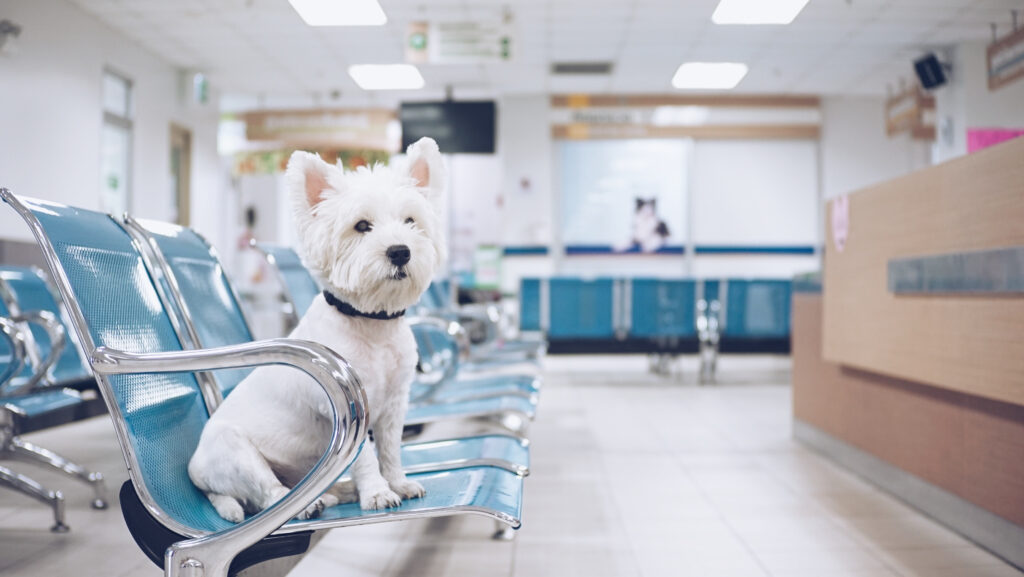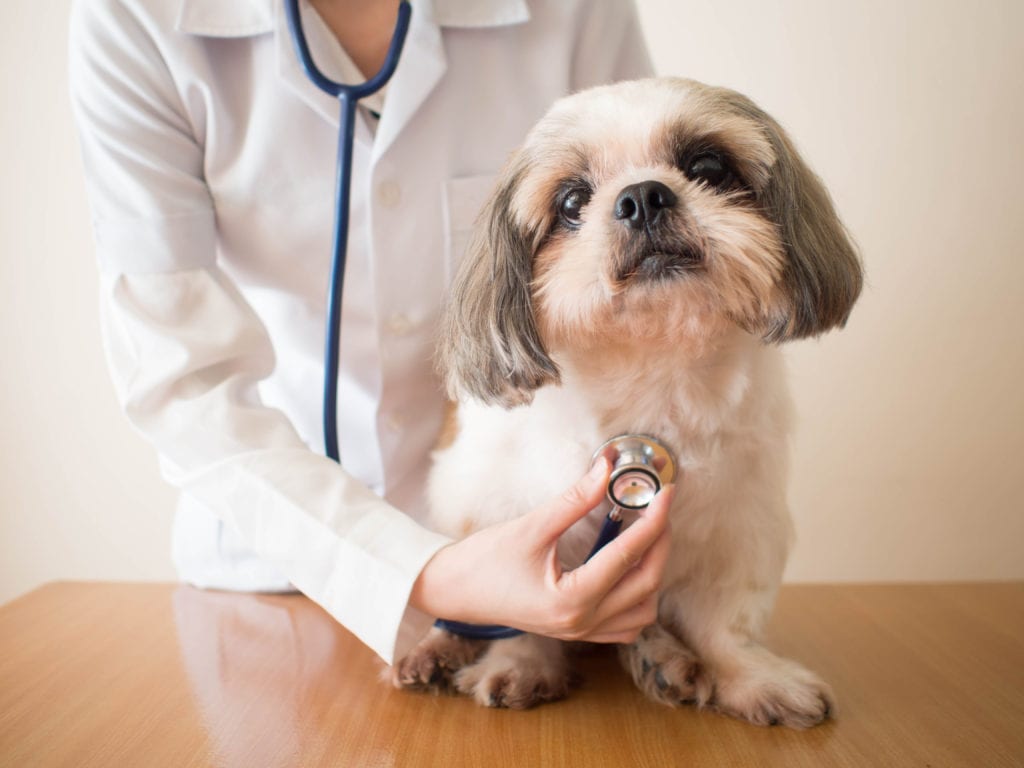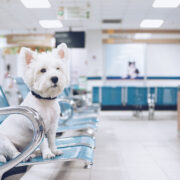People everywhere are wondering about the possibility of the new Coronavirus in dogs
With all the news about this coronavirus, we were naturally curious about coronavirus in dogs. We’ve heard about a dog being quarantined and coronavirus vaccines for dogs. We’ve also seen plenty of images of dogs wearing face masks. Keep reading to see what officials know about the topic.
Can my dog get the coronavirus?
The new coronavirus is also called COVID-19, meaning Corona Virus Disease 2019.
The Centers for Disease Control and Prevention and World Health Organization currently have no reports of pet dogs or other animals becoming sick with COVID-19. They have no evidence that dogs can become infected or spread COVID-19. An important tip is to wash your hands after playing with pets, regardless of the coronavirus. Dogs can still spread other diseases such as E. Coli and Salmonella.
As always, you should still take your dog to a veterinarian if they show signs of a flu-like illness. Dogs can still get “many common viral and bacterial infections that are not transmissible to people,” according to Dr. Anne Kimmerlein, a VCA Animal Hospital epidemiologist.
For people who are already sick with COVID-19, the CDC recommends minimizing contact with dogs the same as we would with people. This is recommended just as a precautionary measure. If you can’t avoid being in contact with your dog, 1) wash your hands before and after interacting with them and 2) wear a face mask.
Should my dog wear a mask?
VCA Animal Hospitals do not recommend face masks for dogs, “there’s no scientific evidence that these masks protect dogs from either infectious diseases or air pollutants.” Additionally, dogs have many different types of faces, and one mask will not fit all types of head shapes. Also, we cannot explain to a dog why we are putting a mask over their face, and wearing a mask could potentially make them uncomfortable or scare them.
What about the dog who was quarantined?
The Agriculture, Fisheries and Conservation Department (AFCD) of Hong Kong tested samples from a pet dog’s nose and mouth. The samples tested weak positive to COVID-19. However, the good news is that the dog doesn’t have any relevant symptoms to the coronavirus. The AFCD is doing further testing to find out if the dog has actually been infected, or if this is just “a result of environmental contamination of the dog’s mouth and nose,” as the owner was sick with the disease. As of right now, they have no evidence that pets can be a source of COVID-19 or become infected with it.
Dr. Anne Kimmerlein of VCA was able to tell us that the AFCD conducted a Polymerase Chain Reaction test. This type of test is very sensitive and can pick up very small amounts of the virus, alive or dead. Since the owner was infected, Dr. Kimmerlein says “given how closely people live and interact with their dogs, the finding of viral particles on the dog is not all that surprising.”

What’s going on with canine coronavirus vaccines?
The World Small Animal Veterinary Association says that current canine coronavirus vaccines are used for intestinal infections, and aren’t licensed to prevent respiratory symptoms of coronavirus in dogs. It is important to know that “veterinarians should NOT use such vaccines in the face of the current outbreak thinking that there may be some form of cross-protection against COVID-19.”
Canine Coronavirus (CCoV) affects dogs’ gastrointestinal tracts, and is not the same as COVID-19 that we are seeing in humans. “The most common symptom of CCoV is diarrhea, which may be accompanied by lethargy and decreased appetite,” according to VCA.

Spread The Word
Check out and share our handy infographic to get the word out about coronavirus in dogs.
Disclaimer: The following information is based on publicly available information and should not be considered medical advice.


